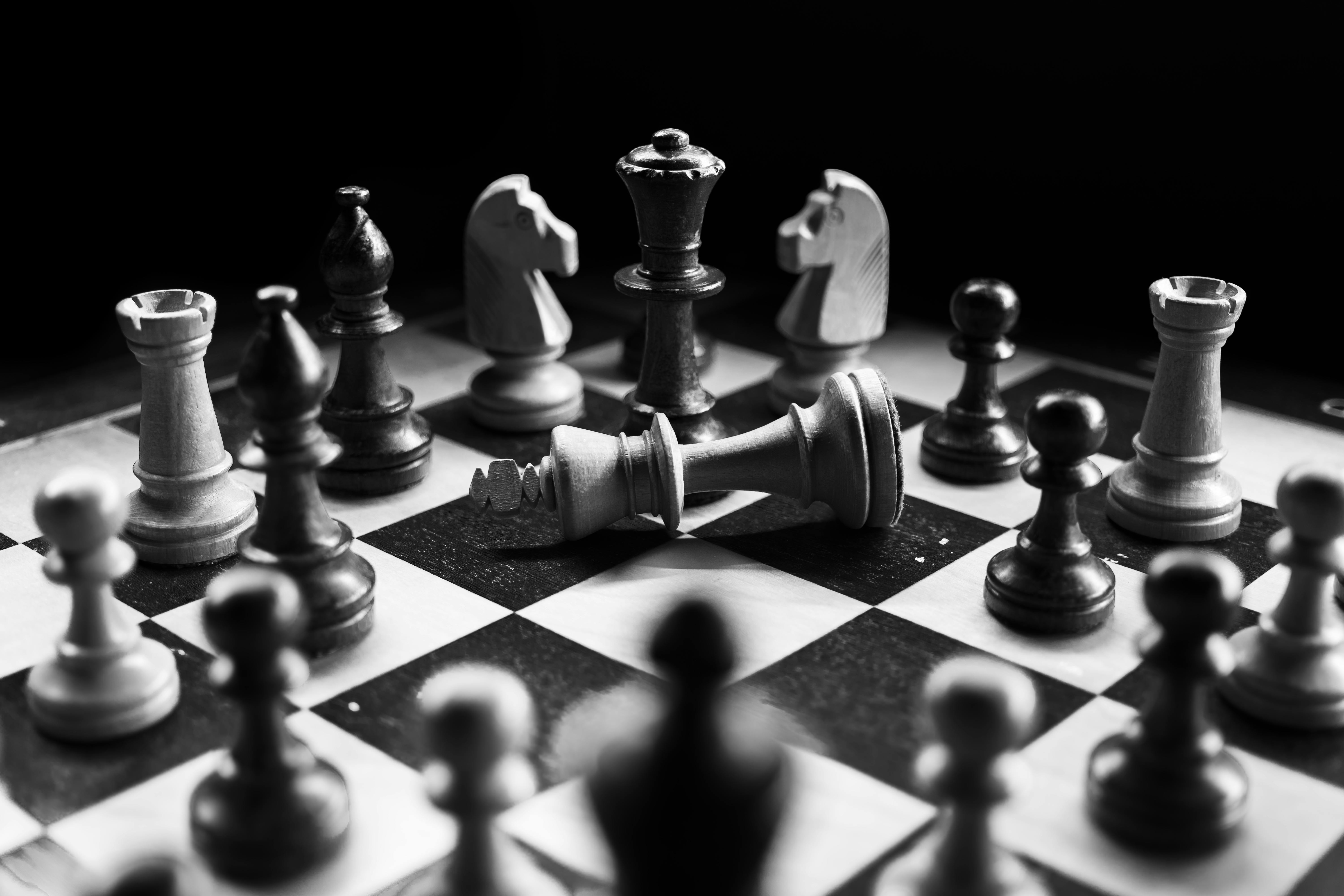The Intricate Art of Chess Boxing: A Unique Blend of Physical and Intellectual Prowess
In the world of sports, it is always exciting when two seemingly disparate disciplines are combined into a new and unique format. One such hybrid sport that has been gaining traction in recent years is chess boxing. This fascinating sport combines the intense physical competition of boxing with the cerebral challenge of chess, requiring competitors to excel in both fields.

Chess Boxing: A Brief Historical Overview
Chess boxing was first conceived in 1992 by Dutch performance artist Iepe Rubingh, inspired by a French comic book. The sport quickly gained popularity in Europe before spreading to other parts of the world. The first World Chess Boxing Championship was held in 2003, and since then, the sport has grown exponentially with organizations like the World Chess Boxing Organisation promoting the sport globally.
The Modern Day Chess Boxing Scene
Today, chess boxing matches are held around the world, with both amateur and professional athletes competing. The sport requires athletes to switch between rounds of chess and boxing, testing their mental acuity and physical endurance simultaneously. Current trends in chess boxing include the rise of female competitors and an increase in popularity among younger audiences.
The Game Play: A Battle of Brawn and Brains
Chess boxing matches consist of 11 alternating rounds—six rounds of chess and five rounds of boxing. Each chess round lasts four minutes, and each boxing round lasts three minutes. The match begins with a round of chess, followed by boxing, and so on. A competitor can win by knockout, checkmate, or if the opponent exceeds the time limit in chess.
The Benefits and Challenges of Chess Boxing
Chess boxing offers a unique set of benefits. It promotes both physical and intellectual fitness, encouraging athletes to develop a diverse set of skills. Furthermore, it fosters discipline, strategic thinking, and quick decision-making.
However, the sport also presents significant challenges. It requires intense training in both disciplines and the ability to quickly switch mental states—from the adrenaline-fueled intensity of boxing to the calm, strategic mindset needed for chess.
The Future of Chess Boxing
With its increasing popularity, chess boxing represents a vibrant and exciting facet of the modern sports landscape. As more people discover and participate in this unique sport, we can expect to see new strategies, techniques, and champions emerge.
In conclusion, chess boxing is a testament to human versatility and adaptability. It proves that physical prowess and intellectual capacity are not mutually exclusive, but can coexist and even enhance each other in the realm of sports. As the world of sports continues to evolve and diversify, it will be fascinating to see how chess boxing develops and influences future hybrid sports.




